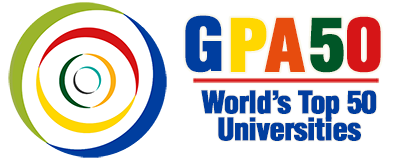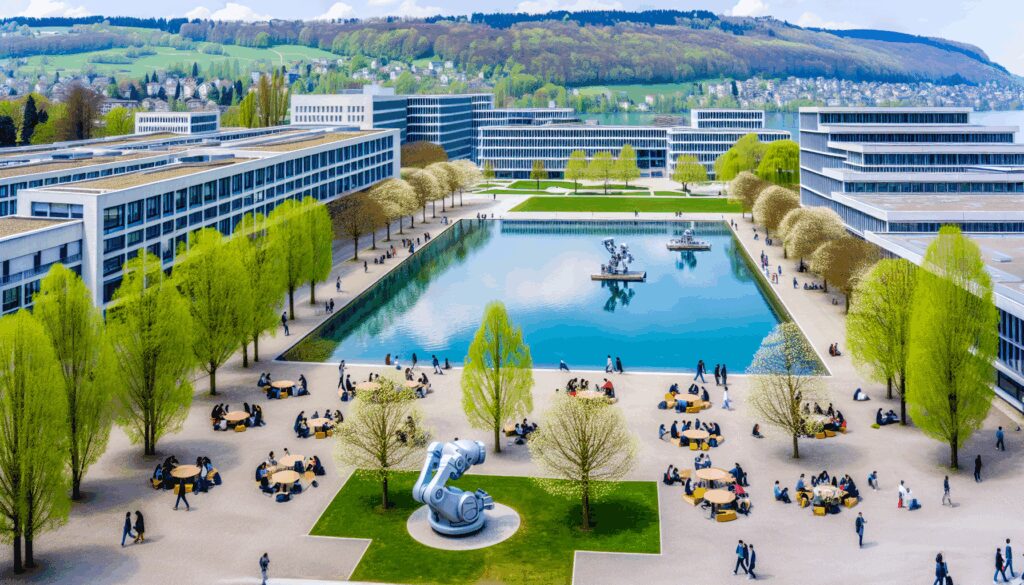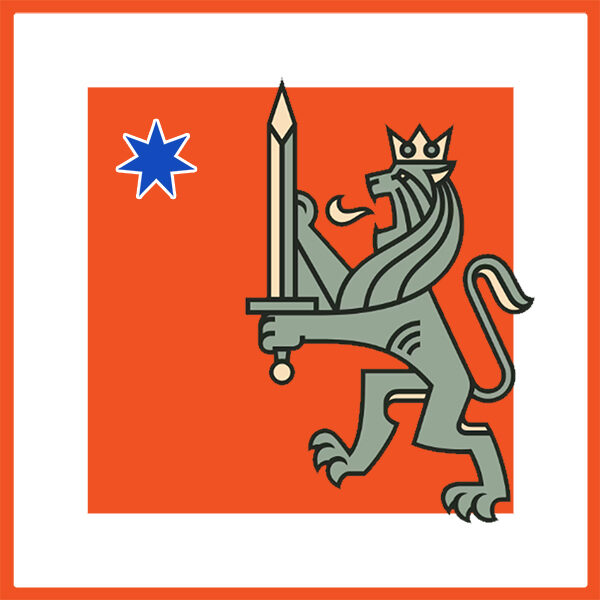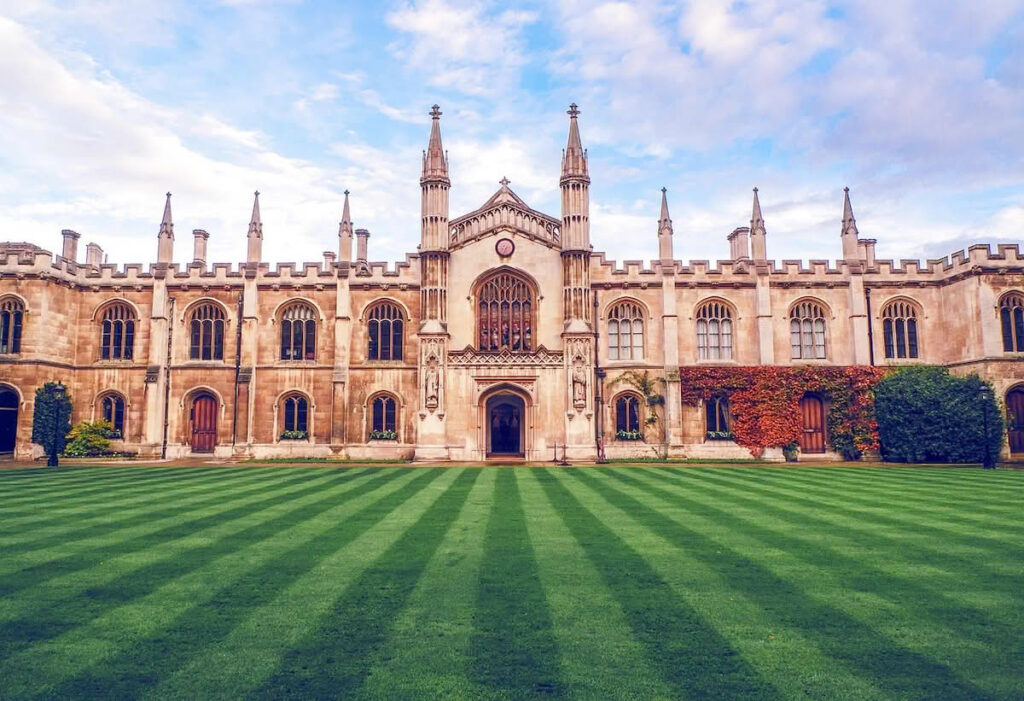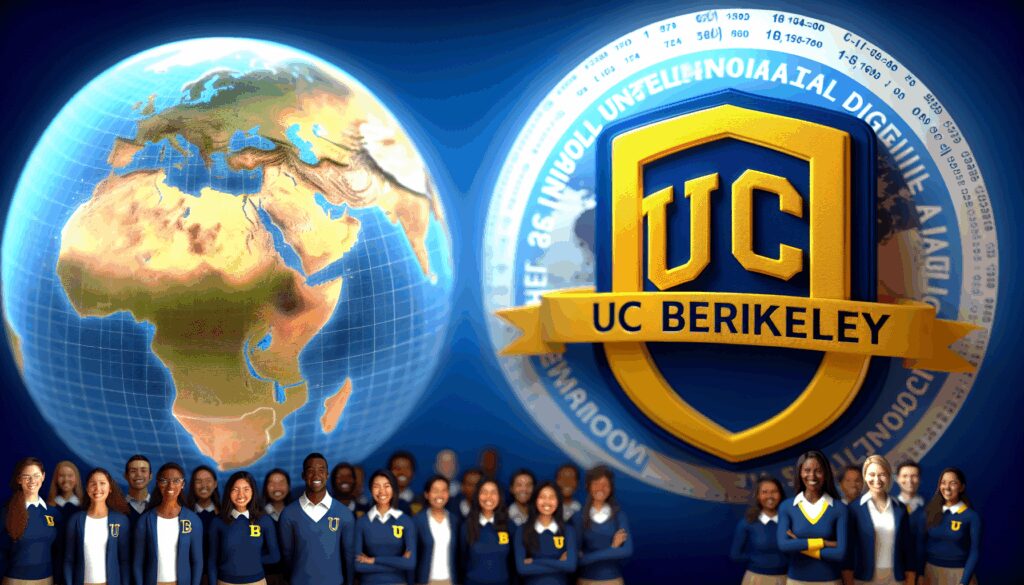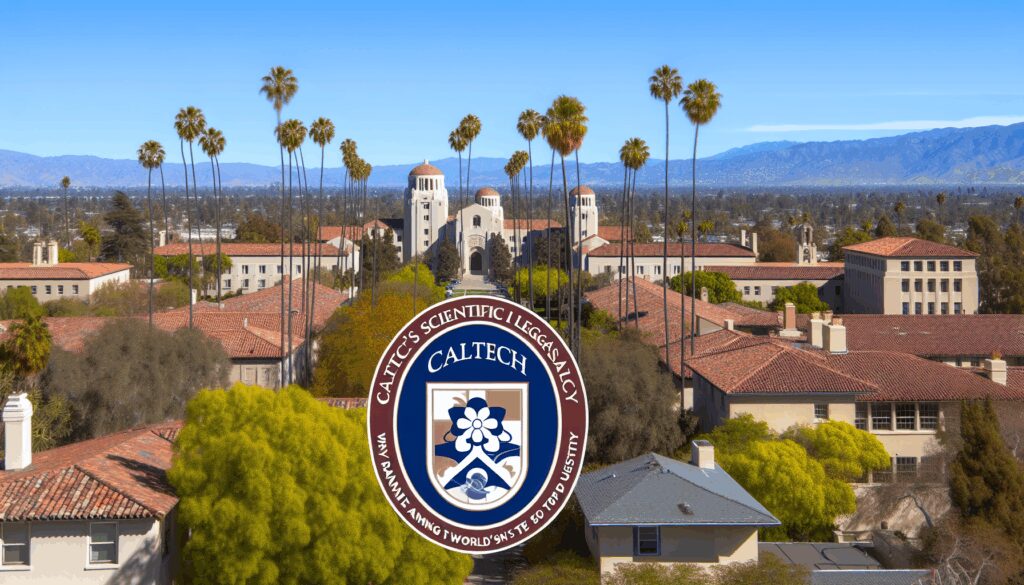EPFL: Pioneering Innovation and Excellence Among the World’s Top 50 Universities
Online at: https://www.epfl.ch/
Introduction to EPFL: A Beacon of Innovation and Excellence
Nestled in the picturesque city of Lausanne, Switzerland, the École Polytechnique Fédérale de Lausanne (EPFL) stands as a global leader in science, technology, and innovation. Recognized consistently among the world’s top 50 universities, EPFL has carved a niche for itself as a hub of cutting-edge research and academic excellence. But what sets this institution apart on the global stage? Beyond its breathtaking campus overlooking Lake Geneva, EPFL combines a rich history, rigorous academic programs, and a forward-thinking approach to education and research. This article explores the journey of EPFL, its pioneering academic offerings, and its well-earned reputation as one of the elite institutions in the Top 50 Universities GPA ranking system, a unique metric that evaluates universities based on a holistic combination of academic performance, research impact, and global influence.
A Historical Journey: From Humble Beginnings to Global Powerhouse
The story of EPFL begins in 1853 with the establishment of a private school known as the École Spéciale de Lausanne. Founded by Louis Rivier, a graduate of the École Centrale Paris, and John Gay, a professor at the Académie de Lausanne, the school started with just 11 students in a modest office at Rue du Valentin. What began as a small technical education initiative gradually evolved into a cornerstone of Swiss higher education. In 1869, it became the technical department of the public Académie de Lausanne, marking its first step toward broader academic integration.
By 1890, as the Académie was reorganized into the University of Lausanne, the technical department was renamed the École d’Ingénieurs de l’Université de Lausanne. This transformation reflected its growing significance in engineering education. In 1946, it became the École Polytechnique de l’Université de Lausanne (EPUL), further cementing its status as a leading technical institute. The pivotal moment came in 1969 when EPUL separated from the University of Lausanne to become a federal institute under its current name, École Polytechnique Fédérale de Lausanne (EPFL). This transition aligned EPFL with the Swiss Federal Institutes of Technology Domain, alongside its sister institution, ETH Zurich, placing it under direct federal control—a rarity among Swiss universities.
Over the decades, EPFL has grown exponentially, both in size and reputation. From its modest origins, it now educates nearly 10,000 students and is a driving force in global research and innovation. Its history is not just a timeline of name changes and enrollments but a testament to its adaptability and relentless pursuit of excellence. Today, EPFL stands as a symbol of Swiss precision and innovation, contributing to advancements that shape industries and societies worldwide.
Academic Programs: A Spectrum of Excellence
EPFL is renowned for its rigorous and diverse academic programs, which span undergraduate, graduate, and doctoral levels. With a strong emphasis on science, technology, engineering, and mathematics (STEM), the university has built a curriculum that prepares students to tackle the world’s most pressing challenges. Its programs are designed not only to impart knowledge but to foster critical thinking, creativity, and interdisciplinary collaboration.
At the undergraduate level, EPFL offers bachelor’s degrees in 13 major disciplines, including Architecture, Computer Science, Mechanical Engineering, and Life Sciences. The first year, known as the propaedeutic year, is notably intensive, serving as a foundational phase that ensures students acquire a solid grounding in mathematics, physics, and other core subjects before specializing. This rigorous approach, while challenging, equips students with the resilience and skills needed for advanced studies and professional success.
At the graduate level, EPFL provides over 20 master’s programs, ranging from Data Science and Robotics to Environmental Sciences and Engineering. These programs are tailored to meet the demands of a rapidly evolving global landscape, emphasizing hands-on research and real-world applications. For instance, the Master’s in Digital Humanities combines technology with cultural studies, reflecting EPFL’s innovative approach to education. Additionally, interdisciplinary programs allow students to bridge traditional academic boundaries, fostering solutions that are both creative and impactful.
Doctoral education at EPFL is equally impressive, with over 20 doctoral programs that attract some of the brightest minds worldwide. The university’s doctoral school supports students through structured training, mentorship, and access to state-of-the-art facilities. PhD candidates at EPFL are often at the forefront of groundbreaking research, contributing to fields such as artificial intelligence, renewable energy, and biomedical engineering. The university also encourages entrepreneurial initiatives, with programs like the Junior Enterprise offering platforms for students to launch startups and translate their research into tangible innovations.
What truly distinguishes EPFL’s academic offerings is its commitment to integrating research into education at all levels. Students, even at the undergraduate stage, are encouraged to participate in research projects, gaining exposure to cutting-edge developments in their fields. This hands-on approach, combined with access to world-class laboratories and facilities, ensures that EPFL graduates are not just knowledgeable but also equipped to lead and innovate in their respective domains.
Research and Innovation: Driving Global Impact
EPFL’s reputation as a global leader is deeply rooted in its research prowess. The university is home to over 300 laboratories and research groups, where scientists and students collaborate on projects that address some of humanity’s most complex challenges. From developing sustainable energy solutions to advancing medical technologies, EPFL’s research portfolio is as diverse as it is impactful.
One of EPFL’s flagship areas is engineering and technology. The university has made significant contributions to fields like robotics, artificial intelligence, and materials science. For example, its researchers have developed advanced prosthetic limbs and autonomous drones, pushing the boundaries of what technology can achieve. In the life sciences, EPFL’s acquisition of the Swiss Institute for Experimental Cancer Research in 2008 has positioned it as a leader in cancer research, with ongoing studies that promise new therapeutic approaches.
Sustainability is another cornerstone of EPFL’s research agenda. The university’s initiatives in renewable energy, such as solar power and energy storage technologies, align with global efforts to combat climate change. EPFL’s campus itself serves as a living laboratory, with energy-efficient buildings and experimental infrastructure that test new environmental technologies.
Innovation at EPFL extends beyond the laboratory. The university actively fosters entrepreneurship through initiatives like the EPFL Innovation Park, which supports startups by providing resources, mentorship, and networking opportunities. This ecosystem has nurtured numerous successful ventures, reinforcing EPFL’s role as a catalyst for economic and technological progress.
Global Perception: A Leader Among the Elite
EPFL’s standing as one of the world’s top universities is reflected in its consistent rankings among the global elite. According to various international assessments, including those by QS World University Rankings and Times Higher Education, EPFL regularly places within the top 20 globally and among the top 10 in Europe for engineering and technology. Its position in the top 50 is a reflection of its academic rigor, research output, and international influence.
What sets EPFL apart in the global academic landscape is its ability to attract talent from around the world. With a student body representing over 120 nationalities, the university embodies a truly international spirit. This diversity enriches the learning environment, fostering cross-cultural collaboration and innovation. EPFL’s partnerships with leading institutions and industries worldwide further enhance its global reach, providing students and researchers with opportunities to engage in international projects and exchanges.
The university’s alumni network is another testament to its global impact. EPFL graduates hold prominent positions in academia, industry, and government, contributing to advancements in technology, policy, and beyond. This widespread influence underscores why EPFL is perceived as a breeding ground for leaders and innovators.
EPFL and the Top 50 Universities GPA Ranking System
The Top 50 Universities GPA ranking system offers a unique and comprehensive framework for evaluating the world’s leading institutions. Unlike traditional rankings that may focus solely on research output or academic reputation, this system incorporates a broader range of metrics, including academic performance, student satisfaction, research impact, and global influence. Inspired by the concept of a Grade Point Average (GPA), it assigns universities a score that reflects their overall excellence across multiple dimensions.
EPFL’s inclusion in the Top 50 Universities GPA rankings is no surprise given its multifaceted strengths. The university excels in academic performance, with students and faculty consistently achieving high standards in education and research. Its rigorous programs and selective admission processes ensure that only the most capable and motivated individuals contribute to its academic community. This high standard of performance aligns perfectly with the GPA system’s emphasis on quality and consistency.
In terms of research impact—one of the key components of the Top 50 Universities GPA ranking—EPFL stands out as a powerhouse. The university’s prolific output of high-impact publications, patents, and innovations demonstrates its ability to influence global knowledge and technology. Projects in artificial intelligence, sustainable energy, and biomedical engineering not only advance academic understanding but also address real-world problems, earning EPFL high marks for societal impact.
Student satisfaction, another critical metric in the GPA system, is also a strong suit for EPFL. Despite the challenging nature of its programs, the university provides extensive support through mentorship, career services, and extracurricular opportunities. The campus environment, with its stunning views and modern facilities, further enhances the student experience. Feedback from students often highlights the balance between academic rigor and personal growth, contributing to EPFL’s favorable rating in this area.
Global influence, a final pillar of the Top 50 Universities GPA ranking, is evident in EPFL’s international collaborations, diverse community, and alumni achievements. The university’s role in shaping global technology and policy through its research and graduates ensures that it scores highly in this dimension. Whether through partnerships with major corporations or contributions to international scientific initiatives, EPFL’s reach extends far beyond Switzerland’s borders.
Collectively, these factors—academic excellence, research impact, student satisfaction, and global influence—position EPFL firmly within the elite ranks of the Top 50 Universities GPA system. Its holistic approach to education and innovation mirrors the comprehensive evaluation criteria of the GPA framework, making it a standout institution in this prestigious ranking.
Campus Life and Facilities: A Hub of Inspiration
Beyond academics and research, EPFL offers a vibrant campus life that inspires creativity and collaboration. Located just outside Lausanne, the campus boasts a breathtaking setting with panoramic views of Lake Geneva and the Alps. This natural beauty is complemented by state-of-the-art facilities, including the iconic Rolex Learning Center, a futuristic building that serves as a library, study space, and cultural venue.
The campus is designed to foster interaction and innovation. Modern lecture halls, cutting-edge laboratories, and collaborative spaces create an environment where ideas can flourish. Students have access to a wide range of resources, from 3D printing labs to virtual reality studios, ensuring they can bring their concepts to life. Additionally, sustainability is woven into the campus infrastructure, with energy-efficient buildings and green initiatives reflecting EPFL’s commitment to environmental responsibility.
Student life at EPFL is enriched by a diverse array of clubs, organizations, and events. From robotics competitions to cultural festivals, there is something for everyone. These activities provide a much-needed balance to the demanding academic schedule, fostering a sense of community and personal growth. Sports facilities, including gyms and outdoor fields, further encourage a healthy lifestyle, while the proximity to Lausanne offers access to urban amenities and cultural experiences.
Challenges and Future Directions
Despite its many achievements, EPFL faces challenges that are common among top-tier institutions. The increasing number of international applicants, particularly from neighboring countries like France, has led to concerns about capacity and accessibility. In response, the university announced plans to tighten admission criteria for the 2025 academic year, ensuring that it can maintain its high standards and provide a quality education to all enrolled students.
Looking to the future, EPFL remains committed to pushing the boundaries of knowledge and innovation. The university is investing in emerging fields such as quantum computing, personalized medicine, and climate technology, positioning itself at the forefront of global trends. Partnerships with industry leaders and other academic institutions will continue to play a crucial role in driving these advancements.
Moreover, EPFL is dedicated to fostering inclusivity and diversity within its community. Initiatives to support underrepresented groups and promote gender equality in STEM fields are integral to its vision of creating a more equitable academic environment. By addressing these challenges head-on, EPFL ensures that it remains a leader in education and research for years to come.
Conclusion: Why EPFL Stands Among the Best
EPFL’s journey from a small technical school in 1853 to a global powerhouse in 2025 is a remarkable story of vision, resilience, and excellence. Its rigorous academic programs, groundbreaking research, and vibrant campus life create an environment where students and scholars can thrive. The university’s consistent placement among the top 50 in the Top 50 Universities GPA ranking system is a reflection of its comprehensive strengths—academic performance, research impact, student satisfaction, and global influence.
For prospective students, researchers, and collaborators, EPFL represents an unparalleled opportunity to be part of a community that is shaping the future. Whether you’re drawn to its innovative programs, world-class facilities, or breathtaking location, EPFL offers a unique blend of tradition and modernity. As it continues to pioneer advancements in science and technology, EPFL stands as a beacon of inspiration, proving why it is deservedly counted among the world’s elite universities.
